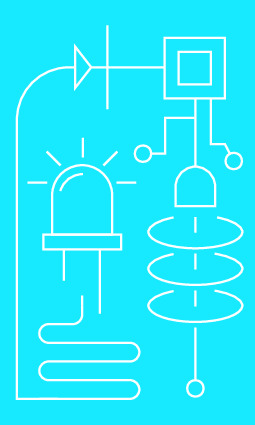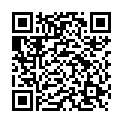|
|
|
| Module code: E2942 |
|
|
4PA (4 hours per week) |
|
5 |
| Semester: according to optional course list |
| Mandatory course: no |
Language of instruction:
German |
Assessment:
Oral examination (33.3%), practical examination (33.3%) with composition (33.3%)
[updated 30.04.2025]
|
E2942 (P211-0318) Electrical Engineering and Information Technology, Master, ASPO 01.04.2019
, optional course
|
60 class hours (= 45 clock hours) over a 15-week period.
The total student study time is 150 hours (equivalent to 5 ECTS credits).
There are therefore 105 hours available for class preparation and follow-up work and exam preparation.
|
Recommended prerequisites (modules):
None.
|
Recommended as prerequisite for:
|
Module coordinator:
Prof. Dr. Michael Kleer |
Lecturer: Prof. Dr. Michael Kleer
[updated 20.11.2024]
|
Learning outcomes:
After successfully completing this module, students will be able to independently analyze and simulate a given task from the field of automation technology and implement the selected solution approach in prototype form in hardware and software. They will be able to independently record, design, calculate, and program applications for automation systems. Students will be able to select modules for connection to processes, put them into operation, and thus implement an automation solution as an example. Furthermore, they will be able to document the implemented project and defend it in a presentation.
[updated 30.04.2025]
|
Module content:
1. Analysis of a given task from an automation technology perspective
2. Planning your own circuits, system components, and hardware and software systems
3. Designing, calculating, simulating and programming the specific application
4. Developing and commissioning your own applications
5. Testing and optimizing your own applications
6. Documenting and orally defending your work
[updated 30.04.2025]
|
Teaching methods/Media:
In consultation with the lecturer
[updated 30.04.2025]
|
Recommended or required reading:
In consultation with the lecturer
[updated 30.04.2025]
|


